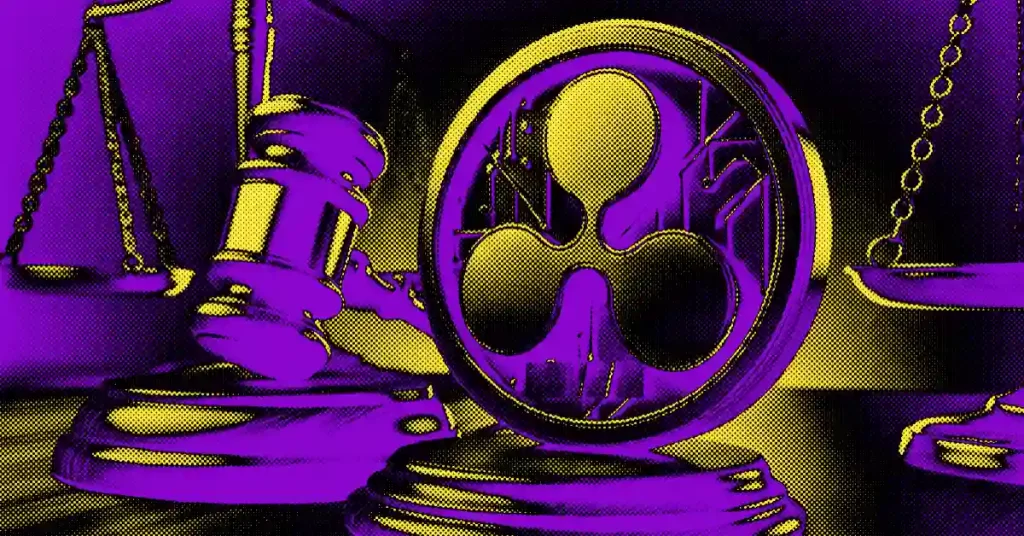
The post The Ripple Case and Bob Stebbins: Why Pro-XRP Lawyer Warns Against His Appointment as SEC Chair appeared first on Coinpedia Fintech News
The race for the next SEC Chair has some big names, including Brian Brooks, Paul Atkins and Dan Gallagher. However, there’s one name that attorney John Deaton believes should not be considered: Bob Stebbins.
Deaton said that Bob Stebbins previously served as the Office of General Counsel under SEC Chairman Jay Clayton. His role involved signing off on enforcement actions, including more than 80 crypto-related cases.
Among these, Stebbins approved the controversial Ripple lawsuit despite warnings from experts about the harm it would cause to innocent investors. Additionally, Ethereum was given a different treatment than XRP, which raised questions about fairness and bias.
Stebbins’ Role in the Ripple Case and Crypto Regulation
Stebbins was deeply involved in the Ripple case and the broader SEC approach to crypto. He signed off on the Ripple case while many of his colleagues, including the Director of Enforcement and other top SEC officials, left their positions. This mass exodus raised concerns about the SEC’s handling of crypto regulation and enforcement.
Conflict of Interest and Hinman Emails
Stebbins is also linked to the controversy surrounding former SEC official Bill Hinman’s 2018 speech, where he declared that Ethereum was not a security. The SEC fought to keep Hinman’s emails secret, but it’s now clear that Stebbins was aware of these conflicts. The speech, which gave Ethereum a free pass, was heavily criticized, especially since Hinman had financial ties to Ethereum’s backers.
Stebbins’ Influence on the Ethereum Decision
What makes Stebbins’ involvement even more troubling is his office’s comments on Hinman’s speech. Although Stebbins didn’t argue that Ethereum was a security, he opposed including it in the speech because it could limit the SEC’s ability to change its stance in the future.

 2 months ago
38
2 months ago
38









 English (US) ·
English (US) ·